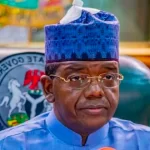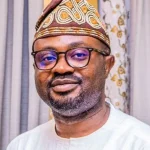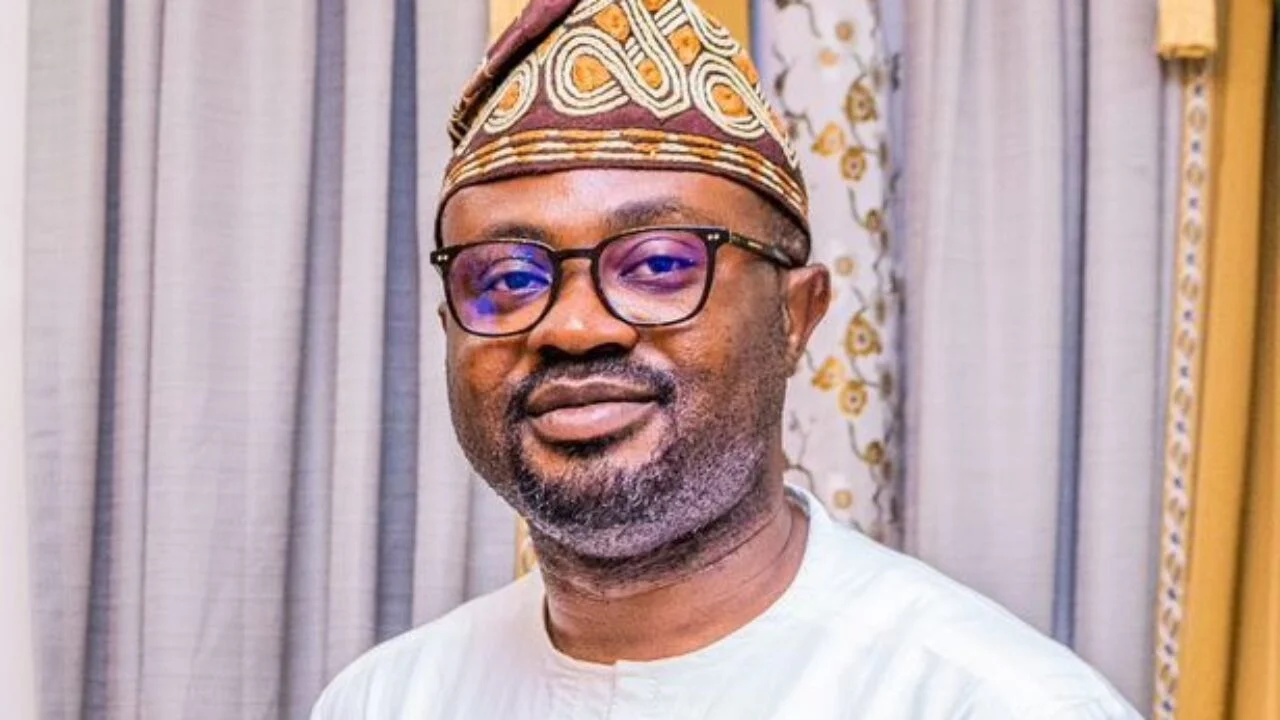
The Minister of Finance and Coordinating Minister of the Economy, Wale Edun, has given positive indicators that the economy will take a new turn around positively by next year, 2025.
Edun stated this, yesterday while giving an overview of the expected 2025 budget proposal and the Medium-Term Expenditure Framework (MTEF) and Fiscal Strategy Paper (FSP) before the House of Representatives in Abuja.
The Chairman, House Committee on National Planning and Economic Development, Ibrahim Isiaka, who presided over the session, had asked the minister to give a brief on the state of the economy.
The Committee has also seek the attention of the Managing Director and Chief Executive Officer (MD/CEO) of the Nigerian Ports Authority (NPA), Dr Abubakar Dantsoho, to appear before it today, December 10, 2024.
Meanwhile, the Minister of Budget and Economic Planning, Abubakar Bagudu, yesterday, said the country had been under-investing in every sector, and emphasised the need for it to invest $100 million yearly in resource development.
Isiaka said, “Let us have an insight into the previous, into whether we are looking good, especially in terms of our Gross Domestic Product (GDP) and inflation rate as submitted; so, that we can note all this down and submit our report.”
Responding, Edun said that going by the projection on increased revenue in 2025 and other measures taken, the country is moving away from factors that had impacted negatively on the economy and affected its people.
He said, “We do have market pricing and foreign exchange. That has resulted in a situation whereby upwards of five per cent of GDP has been lost to the plurality of factors benefiting just a few and created long-sighted incentives against growth and investment.”
According to him, as the revenue rises, it will help lower debt service and borrowing, thus improving the economy and making it more competitive.
Speaking earlier, the Chairman, House Committee on Finance, James Faleke, said the committees were looking at the revenue performances of the Ministries, Departments and Agencies (MDAs) as regards the 2024 Budget, as the 2025 proposed Budget is about to commence in January.
Faleke ordered the presence of the NPA MD, turning back his representative, Sabiu Danbatta, who informed the committee that the MD was on a special assignment; hence, his absence.
Read also:NITDA warns Nigerians about global banking malware threat
BAGUDU also highlighted the urgent need for sustainable strategies to boost investments and improve outcomes across key sectors.
Disclosing this in Abuja during the ProjectTrust Close-Out workshop organised by Connected Development (CODE) and supported by the MacArthur Foundation, the minister emphasised that the country had been under-investing in almost every sector.
The workshop, with the theme ‘Sub-National Governance in Nigeria’, brought together various stakeholders to address critical governance issues. He also said the submission of the tax reform bills to the National Assembly showed Tinubu’s commitment to Nigerian consensus on the matter.
Bagudu said, “As a country, we have been under-investing in almost everything, not due to anyone’s fault. Despite past efforts by various leaders, we are not where we want to be. For instance, we aim to achieve a per capita income of $3,000 per person, but we are currently under $2,000.
“To achieve this, the Agenda 2050 highlights the need to invest $100 million yearly, with 16 per cent of that investment coming from the public sector and the majority from the private sector. However, we are not meeting these targets.”
In his remarks, the Chief Executive Officer (CEO) of CODE, Hamzat Lawal, criticised the role of trust in governance and called for stronger accountability mechanisms.
He said: “The best ingredient in governance is trust. Sadly, today, citizens do not trust their government. We aim to rebuild this trust by working with institutions like the Ministry of Budget and Economic Planning and the National Bureau of Statistics. Our goal is to use data to tell compelling stories about how government policies, programmes and actions can transform lives.”










